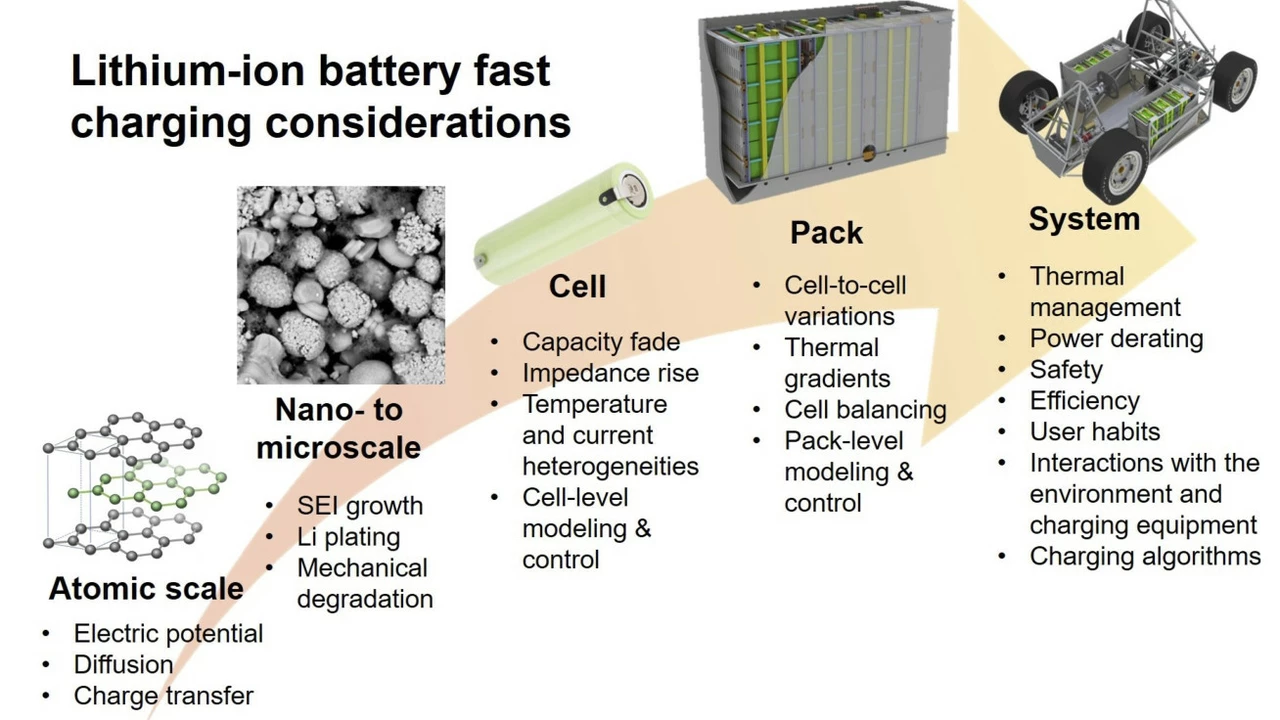Battery Safety: Easy Steps You Can Use Today
Batteries power almost everything we use daily — phones, laptops, toys, hearing aids, and vape devices. But when batteries fail they can overheat, leak, or even catch fire. You don’t need to be an expert to lower the risk. A few simple habits protect you, your family, and your home.
First, know the common troublemakers: lithium-ion (rechargeable) and small coin/button cells. Lithium batteries can overheat if damaged, overcharged, or exposed to heat. Button cells may be swallowed by children and cause serious harm. Treat each type differently and don’t ignore warning signs like swelling, smell, or heat.
Always buy the right battery for the device. Match voltage and size. Cheap knockoffs and off-brand chargers can fail safety checks and raise risk. Use the charger the manufacturer recommends, and avoid fast chargers unless the device supports them.
Smart storage and charging habits
Charge on a hard, non-flammable surface and keep charging areas clear. Don’t charge under pillows or on soft furniture. Don’t leave batteries charging unattended for long stretches; overnight charging is common, but avoid leaving a device on charge for days.
Store spare batteries in a cool, dry place away from metal objects. A small plastic container or the original packaging works fine. For lithium packs, avoid temperatures above 35°C (95°F). If a battery gets wet or damaged, don’t use it — place it in a non-flammable container and take it to a recycling center.
When traveling, carry spare lithium batteries in your carry-on, not in checked luggage. Tape exposed terminals or use original covers to prevent short circuits. For large batteries (power tools, e-bikes) check airline and transport rules first.
Quick safety checklist
Use this short list to check your batteries fast:
- Inspect devices and batteries weekly for swelling, cracks, or strange smells.
- Only use manufacturer-approved chargers and replacement batteries.
- Keep button cells away from children and pets; store them high and locked if needed.
- Recycle dead batteries at a proper collection point — never toss them in the trash.
- If a battery is hot, puffing, or leaking, move people away and call emergency services if it ignites.
For swollen batteries: stop using the device, disconnect power, and place the battery on a non-flammable surface inside a metal or ceramic container. Take it to a battery recycling or hazardous-waste facility; many electronics stores accept them.
Dealing with a battery fire? Don't grab water if it's a lithium fire — water can spread lithium metal fires. If the fire is small and you have a Class D or ABC fire extinguisher, use it from a safe distance. Otherwise evacuate and call 911. Smoke from batteries can be toxic, so avoid breathing fumes.
Small steps prevent big problems. Take five minutes today to check chargers, tuck away spare button cells, and mark a spot for battery recycling. Those tiny minutes pay off with safety for your home and family.





